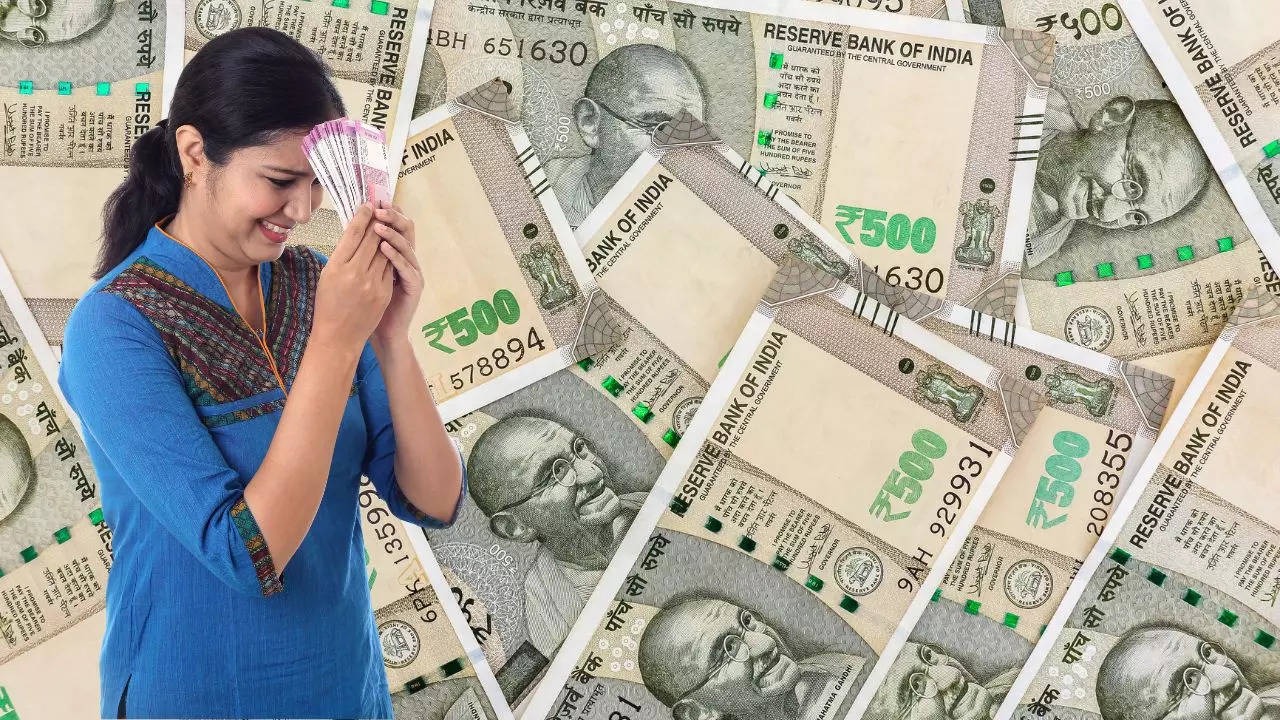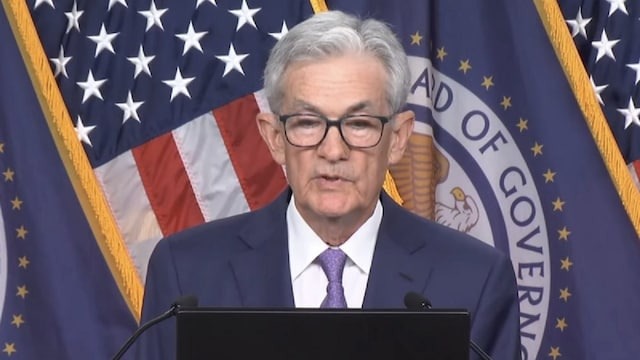
Financial Freedom : An emergency fund is an important part of your personal finance portfolio as it provides financial freedom and peace of mind. This fund is specifically for contingencies such as medical bills, job loss, and vehicle repairs and can reduce your dependence on credit products such as loans or credit cards. Having an emergency fund can protect your financial stability and enable you to make decisions without being overwhelmed by financial stress. Creating an emergency fund is as important as using it wisely. Let's understand the various aspects of creating your fund and the time when you should invest in it.
Size of an emergency fund
The recommended size of your emergency fund should ideally be at least six times your monthly income. However, the size may vary depending on the needs of your family. For example, a family member is suffering from a health problem that requires frequent medical attention. This should be kept in mind while deciding the size of the emergency fund. Also, your family's needs may change over time, so the size of the fund should be reviewed from time to time.
Liquidity is key when it comes to emergency funds. So choose instruments that are easily accessible and have minimal or no penalty for withdrawals. Some of the options you can choose from are savings bank accounts, fixed deposits (FDs), sweep-in FDs, recurring deposits, and liquid funds. Redirecting a portion of your income to your emergency fund every month can ensure that the fund grows. Use any windfall gains or bonuses to grow the fund.
When to use your emergency fund
Not every significant cost justifies using your emergency fund. It's important to distinguish between a true emergency and an unexpected expense. Here are some situations where your emergency fund can come in handy.
Income stops or decreases
Losing a job or a reduction in income can be mentally and financially stressful. Your emergency fund can help you take care of food, rent, loan EMIs, utilities, insurance premiums, and other essential expenses until you find another job. It can also save you from taking additional loans or borrowing from family or friends.
Necessary expenses
Unexpected but necessary expenses such as urgent home repairs or vehicle repairs can be financed from your emergency fund. However, try to take care of such expenses using your regular savings.
Family Emergency
Unfortunate events such as the death of a family member can be difficult times. This can also bring with it expenses such as travel, funeral arrangements, or providing temporary assistance to family members. An emergency fund ensures that you have the financial resources you need for such times and allows you to focus on spending time with your family rather than stressing about money.
Medical Emergency
Medical emergencies can strike at any time and not being prepared for them can put a lot of pressure on your finances. The cost of medical treatment and hospitalization these days can be very high and can drain your savings. An emergency fund can help cover such costs either fully or partially, thereby reducing or eliminating the pressure on your finances. Apart from having an emergency fund, it is also important to have adequate medical insurance that covers you and your loved ones.
Rebuilding Your Emergency Fund
- If you have withdrawn money from your emergency fund, make sure you replenish it to be prepared for future uncertainties. You can follow the following steps to rebuild it.
- Find out how much of your emergency fund you have used. This will tell you how much you need to replenish. Adjust the amount according to your family's needs.
- Change your budget to prioritize setting aside money to rebuild funds. Cut down on non-essential expenses and put that money into your savings.
- If saving is challenging, set up automatic transfers to ensure consistent savings. Automating a portion of your income will ensure steady progress.
- Use unexpected profits or any extra money to speed up fund replenishment.
An emergency fund is crucial for financial stability. In case of an emergency, it can greatly reduce the pressure on your savings and prevent your financial goals from getting disrupted. By using it wisely and replenishing it judiciously, you can maintain your financial freedom and security even in uncertain times.

 Desk
Desk Share
Share






